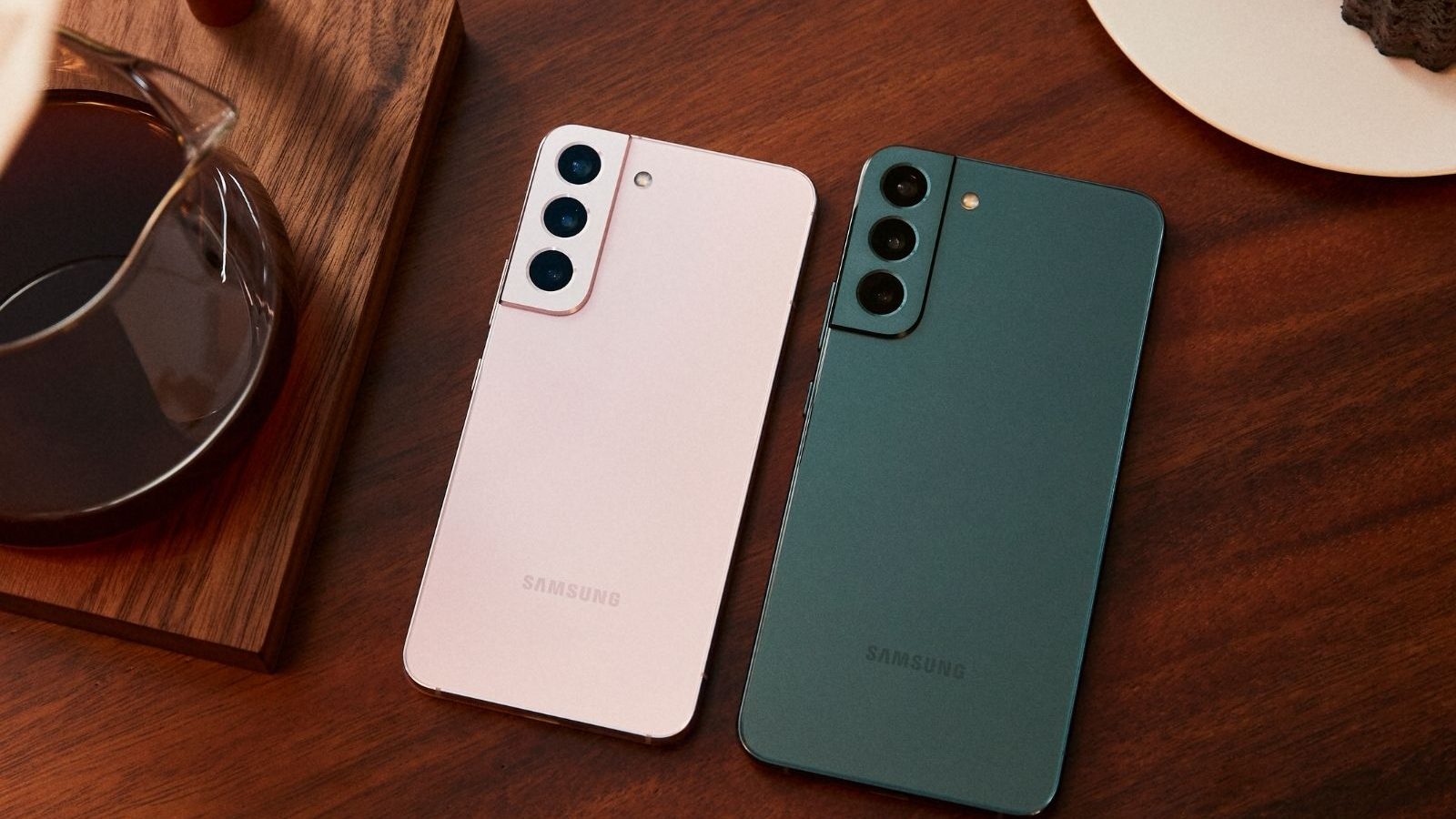App Throttling: The ‘Performance Cheating’ That Makes Samsung, Xiaomi And OnePlus Smartphones Faster
After Samsung’s Galaxy S22 series’ performance throttling debacle, OnePlus was also found to be throttling the performance of its smartphones for certain apps. After Samsung and OnePlus, now Xiaomi has also been found to be throttling the performance of its smartphones. According to a finding from the folks at Android Police, Xiaomi’s Xiaomi 12 Pro and Xiaomi 12X were found to be throttling performance for certain kinds of apps. Before this, Samsung’s issue caught significant limelight as the company’s latest Galaxy S22 series and Galaxy Tab S8 series were found to be throttling their performance. The issue became so big that a Samsung executive later apologised for the controversy and Samsung even released an update to address the throttling issue in Galaxy S22 smartphones.
Now with three major manufacturers having being caught up in the throttling issue, there is a lot of interest around the concept or the word ‘throttling.’ So what is throttling and why is it bad for manufacturers? In this article, we will tell you everything you need to know about the concept of throttling, why manufacturers indulge in it, and what are the repercussions. Let’s take a look.
ALSO READ: After Samsung, Now Xiaomi Caught ‘Cheating’ With Smartphone Performance
WHAT IS APP THROTTLING
App throttling or performance throttling, in the most basic terms, is the act of artificially making the smartphone appear faster. Now, in smartphones, this is usually done in terms of apps. For example, manufacturers will throttle the performance of their smartphone’s for certain apps like games or benchmark apps, in order to get good, faster results as compared to competitors. Further, it helps manufacturers get a higher benchmark score for their device. For example, in the most recent case with Xiaomi, the manufacturer throttled its smartphones’ performance when the system detected a game or a benchmarking app was running on the phone. Hence, when one opens a game or a benchmarking app, the smartphone’s performance is artificial and the processors run faster than usual for these apps, in order to get a higher benchmark score. A benchmark score is considered one of the most important factors while looking at a smartphone’s performance and speed.
WHY DO MANUFACTURERS THROTTLE PERFORMANCE
The answer to this is simple. To get the highest benchmark scores and beat competition, and make themselves appear higher in benchmark listings like Geekbench. Many times, the throttling goes unnoticed. However, when a manufacturer is found to be throttling the performance on their device, that device is usually delisted from the benchmarking website. Samsung’s Galaxy S22 smartphones were removed from Geekbench after they were found to be throttling performance and now, Xiaomi’s 12 Pro and Xiaomi 12X are said to be removed from Geekbench by the end of this week.
ALSO READ: After Galaxy S22 Series, Samsung Galaxy Tab S8 Series Also Found ‘Cheating’
SHOULD CUSTOMERS CARE
While throttling is not a very serious issue, it does indicate that the company is fudging its performance numbers, which is never a good thing to hear or see. While Samsung has issued a fix and apologised for the throttling debacle publicly, it is not something that should affect users immediately. However, there is always the possibility of you buying a new smartphone thinking that it is the most powerful, only to later find out that those numbers were fabricated with some clever performance throttling from the maker.
Read all the Latest News , Breaking News and IPL 2022 Live Updates here.
For all the latest Technology News Click Here

